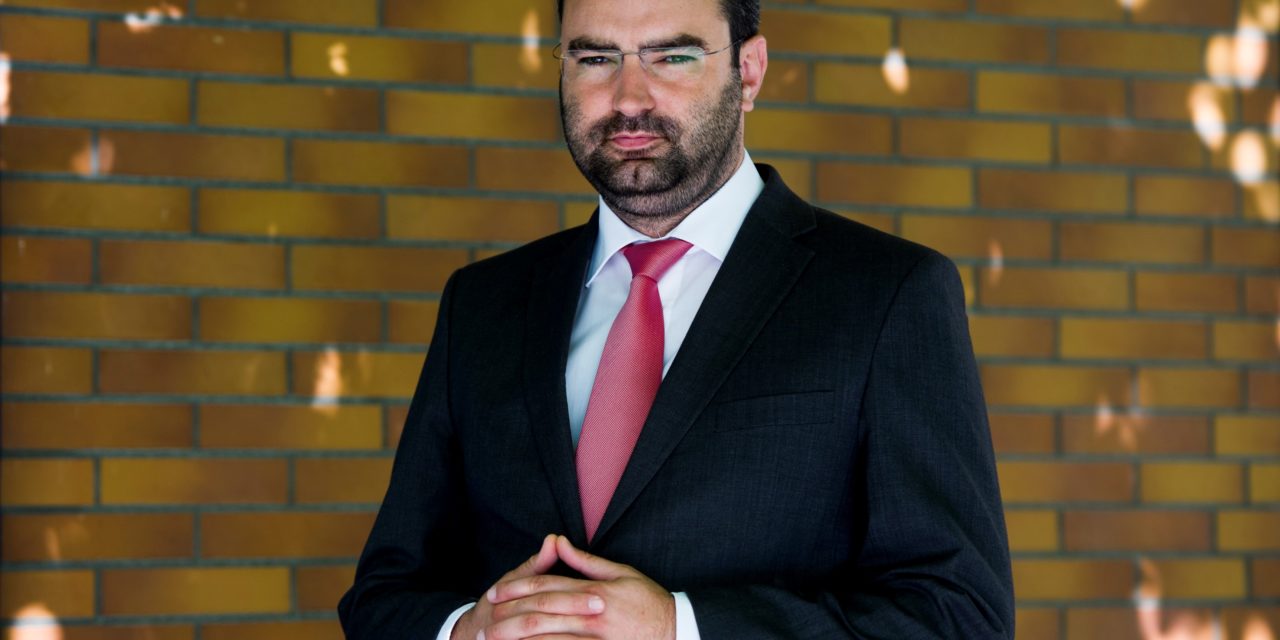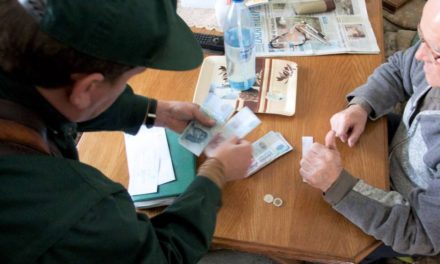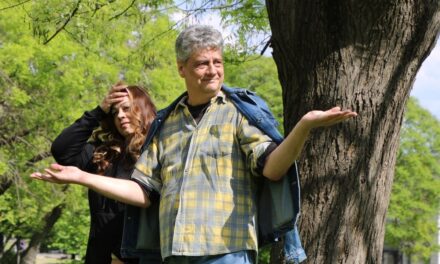In the decade of 2000, both the Hungarian electoral system and related legislation, as well as the operational practice of the constitutional institutions responsible for the order and purity of elections, left behind a lot to be criticized. Using the classic OSCE formula, it can even be said that the elections took place under "free but not fair" conditions, i.e., in principle, in a free and democratic manner, but in some places with minor or major irregularities and injustices.
One of the very serious omissions of the April 2002 parliamentary elections was that the National Electoral Office (OVI) did not disclose the recount data to the public. As far as the recount is concerned, the suffrage law in force at the time, which can still be traced back to the days of the state party - XXXIV of 1989. law - a recount was mandatory if the difference in the votes cast between the first and second place did not exceed one percent, or if the number of invalid votes was higher than the difference between the first and second place.
In the spring of 2002, after experiencing irregularities in the two rounds of the parliamentary elections, a large number of citizens demanded that the election commissions and bodies - and not the voting districts - carry out the recount of the votes in the necessary places, but five years earlier the two-thirds socialist-liberal majority the law adopted by ( Law C of 1997 on the electoral procedure ) did not provide an opportunity. This put the conservative side, who lost the election, in a difficult position and had to accept the final result. In a speech in mid-July 2002, parliamentarian István Balsai, former minister of justice, drew attention to the perceived or real violation of citizens' sense of justice and constitutional rights, that the fundamental right enshrined in the constitution guarantees the general right to legal remedies. Balsai also reminded that those citizens who demonstrated for the enforcement of their constitutional rights, disregarding the order required by the law, were faced with brutal police action. On Erzsébet híd, Kossuth tér and Károly körút, Balsai underlined, the police beat people indiscriminately, and used weapons to intimidate those there (the events took place at the beginning of summer, after the formation of the new, left-wing government).
In her parliamentary speech, Interior Minister Mónika Lamperth tried to mislead public opinion by saying that the votes were recounted in 94.4 percent of the polling stations. At the same time, Lamperth did not mention – which he later admitted to the press – that his statement was true only for the second election round, that is, for the round in which Fidesz-MDF performed better. However, the fate of the vast majority of mandates was already decided in the first round of elections, and the recount mentioned by Lamperth could only have significantly affected the results of the second round, where the left was weaker. was of particular importance, because several individual mandates were then decided by a very minimal difference of votes. The subsequent control of the legal order of the election (based on a complaint) was only partially carried out, ultimately resulting in the electoral victory of the socialist-liberal forces.4
Four years later, on April 21, 2006, two days before the second election round, the OVB declared in a decision that the sample ballots were not suitable for deception, i.e. there was no violation of the law, and with this the board classified the ballots distributed throughout the country in the previous days as normal campaign materials. sample flyers (some of them contained text for the second round of the elections, identical in terms of editing and font). During the investigation initiated by Fidesz, the OVB made its decision by a ratio of 7:3.
In May 2006, a total of fourteen OVB decisions were changed by the Supreme Court. The election committee elected in February erred six times in favor of the MSZP and the SZDSZ based on the decisions of the highest judicial forum, and six times the OVB decisions erred to the detriment of Fidesz. The Supreme Court changed these 12 decisions, and in addition to the two cases judged at the initiative of MIÉP-Jobbik, the "fresh" OVB set a negative record with the fourteen wrong decisions, because the electoral body has not worked with such a high percentage of errors since 1990. While in the spring of 2002, the OVB made 123 decisions, and the Supreme Court did not change a single one of the 59 challenged decisions, in 2006, 63 of the 203 cases of the OVB came before the judges, and almost every fourth case resulted in a change order.
It cannot be said that in 2002 the parliamentary elections were decided in favor of the left by abuses, but at the same time, the results of the 2006 election may have been influenced by influencing factors, which the National Election Commission was not always on top of when discussing - judging. As it can also be established that the professional management of the supreme judicial forum could have been stronger at the beginning of 2006 than four years earlier. And it is a fact that in both 2002 and 2006, the MSZP won more list votes than Fidesz-MDF and Fidesz-KDNP by barely one percent, and mandates obtained with a relatively small margin of votes could decide the final outcome of the elections.
Author: Dr. Zoltán Lomnici Jr., constitutional lawyer
Source: alaptorvenyblog.hu
Photo: Origo












